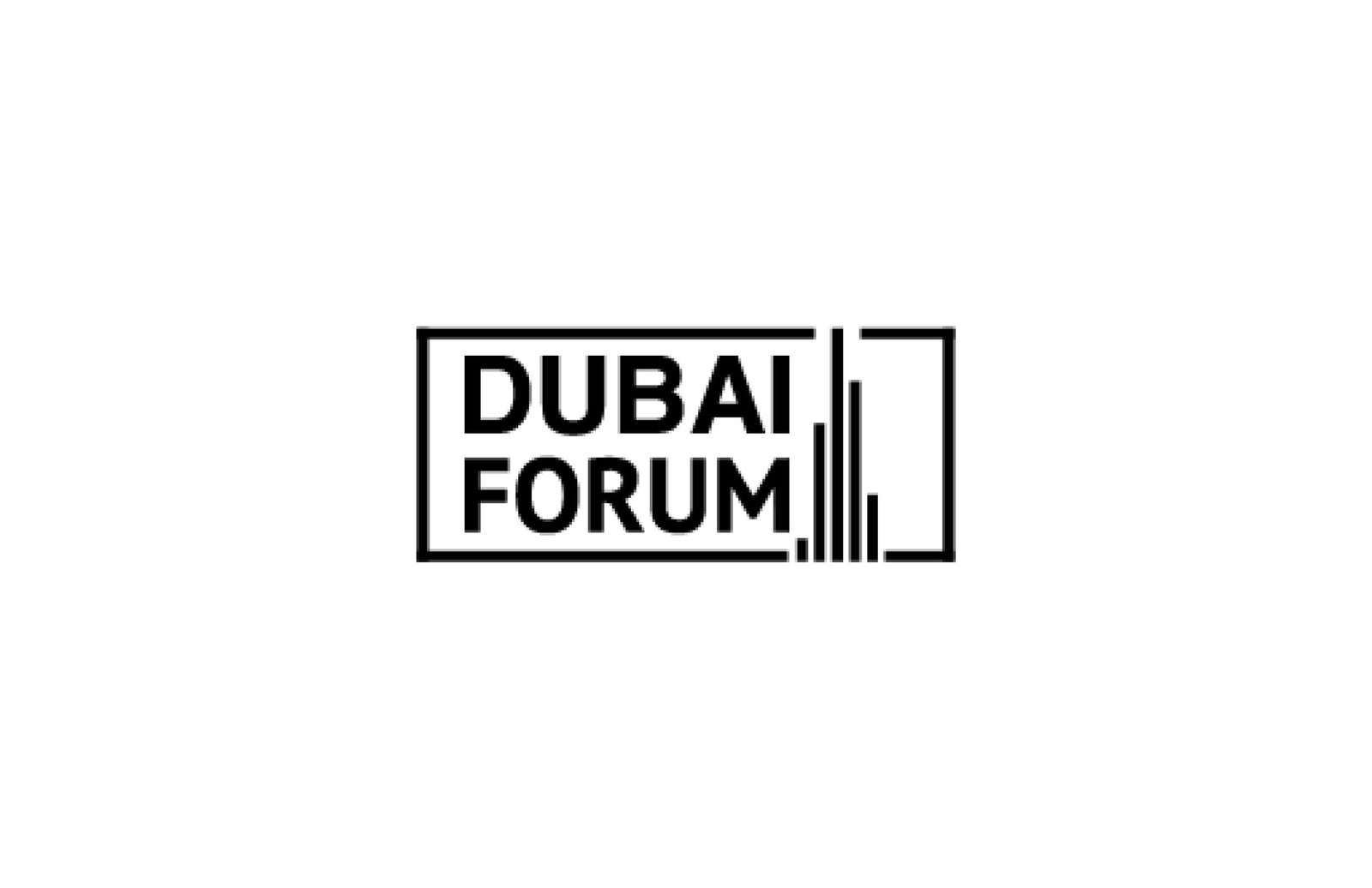Understanding the Complex Dynamics of the Real Estate Market in the UAE: A Deep Dive into Recent Trends and Future Prospects
The United Arab Emirates (UAE) has long been recognized as a vibrant hub for real estate investment, drawing attention from both domestic and international investors. The appeal of the UAE’s property market, particularly in cities like Dubai and Abu Dhabi, hinges on its rapid economic growth and strategic geographic position as a gateway between East and West. However, the landscape of this sector is not static; it is shaped by various economic, social, and geopolitical factors that influence investment trends and market dynamics.
In 2023, the UAE real estate sector has exhibited a remarkable resilience, outpacing predictions made in times of economic uncertainty. The Dubai Land Department reported a striking 60% increase in transactions in residential properties compared to the previous year, culminating in over 93,000 sales valued at approximately AED 250 billion (around USD 68 billion). This surge is emblematic of a market in a robust recovery phase, reflecting rising consumer confidence and a renewed influx of foreign investors.
A significant driver of this resurgence is the UAE’s ongoing efforts to diversify its economy—a strategy that pays particular attention to the non-oil sectors, including tourism and real estate. The recent introduction of long-term visa initiatives, aimed at attracting skilled professionals and investors, has breathed new life into the property market. These policies have garnered acclaim for their role in enhancing the UAE’s attractiveness as an investment destination and have assured potential expatriates and businesses of stability and security.
Another noteworthy trend shaping the UAE real estate market is the increasing demand for luxury properties. High-net-worth individuals (HNWIs) continue to see value in investing in Dubai’s luxurious apartments and villas, exemplified by high-profile properties in the Palm Jumeirah and Downtown Dubai areas. These regions, characterized by their breathtaking architecture and upscale amenities, attract affluent buyers and investors alike. Major developers like Emaar and Damac have reported soaring sales that reflect a burgeoning market for luxury real estate, indicating a clear shift towards premium products in a post-pandemic landscape.
Moreover, the commercial real estate segment is witnessing a shift catalyzed by the pandemic-induced trends of remote working and digital transformation. An increase in demand for flexible workspaces and co-working environments has driven innovative player entries into the market, creating a new that accommodates changing business dynamics. Consequently, firms are increasingly seeking adaptable space solutions that cater to a hybrid workforce, with some developers investing in integrating technology and sustainability into their projects to meet evolving business needs.
However, navigating the UAE real estate terrain is not devoid of challenges. The ongoing geopolitical tensions in nearby regions and fluctuations in global oil prices pose risks that could impact foreign investment trends. Investors must remain vigilant, staying abreast of current events that may usher in swings in the market. Additionally, while property prices have seen significant increases, concerns over affordability persist, especially resonating among middle-income residents. Therefore, developers and policymakers must work collaboratively to balance the aspirations of high-end markets with the need for accessible housing solutions.
In terms of sustainability and long-term strategy, the UAE is poised to lead the region in implementing green building practices and sustainable urban development. Initiatives such as the Abu Dhabi Vision 2030 and Dubai’s Green Building regulations highlight the state’s commitment to environmental stewardship. These efforts not only reflect a growing emphasis on sustainability among developers but also align with the global shift towards eco-conscious living—an aspect increasingly prioritized by younger generations of investors.
In conclusion, the UAE real estate market is experiencing a dynamic evolution, characterized by extraordinary growth driven by strategic diversification, luxury demand, and a shift toward sustainability. As the sector continues to flourish, it remains essential for investors and stakeholders to stay informed of ongoing trends and challenges that could reshape this ever-vibrant landscape. The future of real estate in the UAE promises to be as dynamic as its multifaceted economy, offering opportunities that are ripe for exploration.
Tags:
#RealEstateNews #EconomyNews #UAE #Dubai #InvestmentInsights

